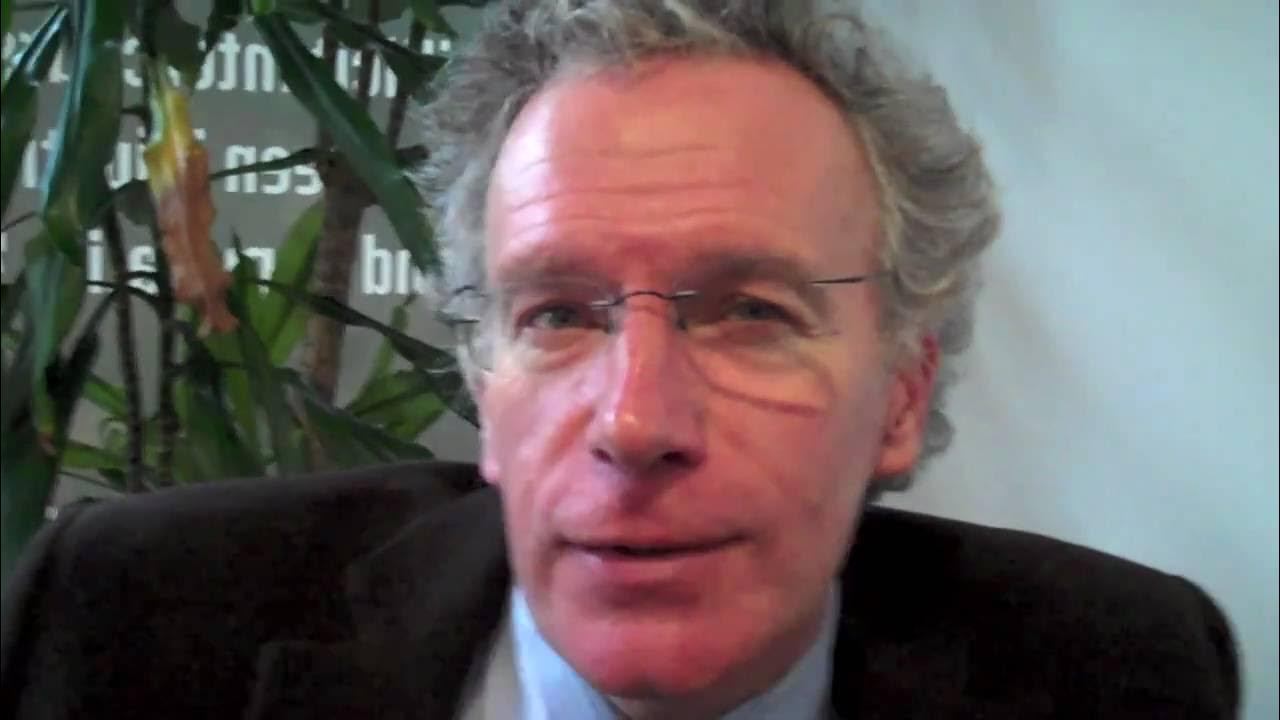Making Sense of Globalization in the 21st Century
Summary
TLDRIn a thought-provoking discussion, Andrew Chang highlights the dual nature of globalization, which has both alleviated poverty and exacerbated inequality and climate change. He critiques outdated economic models that fail to address the complexities of modern society, emphasizing the need for a new framework. Chang warns that technological advancements may lead to job displacement and rise in populism, while climate change disproportionately affects emerging markets, heightening the risk of migration and conflict. He calls for sustainable, long-term solutions that consider human behavior and environmental realities to ensure a more equitable global future.
Takeaways
- 🌍 Globalization has lifted many out of poverty by increasing access to technology, trade, and capital.
- 🔍 There is a growing recognition of the downsides of globalization, including increased inequality and climate change.
- 📉 Traditional economic models are inadequate for addressing 21st-century challenges, which require new frameworks.
- 🌪️ Climate change poses significant risks, including rising sea levels, food shortages, and natural disasters, disproportionately affecting poorer countries.
- 💻 The globalization of technology has created job deficits, leading to insecurity and the rise of populism.
- 📊 GDP measurements fail to capture the complexities of productivity in the modern economy, overlooking important social factors.
- 🔄 There is a need to transition from outdated economic theories to more complex understandings that reflect human behavior.
- 📈 Emerging markets are shifting the global landscape from a unipolar to a multipolar order, highlighting disparities in resilience to shocks.
- 🛑 Rich countries can recover from climate-related disasters more easily than poorer nations, leading to inequities in recovery efforts.
- 🤝 Long-term, sustainable business models are essential for helping poorer countries cope with the challenges of inequality, technology, and climate change.
Q & A
What does Andrew Chang mean by saying we are using 19th and 20th-century glasses to look at 21st-century problems?
-Chang suggests that our traditional frameworks and models for understanding global issues are outdated and inadequate for addressing the complexities of modern challenges.
What are the positive impacts of globalization that Chang highlights?
-He emphasizes that globalization has helped lift people out of poverty, particularly by providing access to technology, trade, and capital for emerging markets.
What is the 'dark side' of globalization that Chang mentions?
-The dark side includes increasing inequality, environmental degradation, and the adverse effects on job security due to technological advancements.
How does climate change relate to globalization, according to Chang?
-Chang states that climate change is a global issue, influenced by globalization, and its effects are felt universally, impacting food security and increasing the frequency of natural disasters.
What does Chang identify as the inadequacies of the current economic models?
-He criticizes these models for oversimplifying economic growth and failing to account for complex social, environmental, and technological factors affecting human well-being.
How does Chang describe the shift from complicated to complex societies?
-He explains that modern societies are interdependent and interconnected, making them more complex and less predictable compared to earlier, more straightforward models.
What implications does technological globalization have for employment?
-Technological advancements create consumer surplus but also lead to job deficits, causing insecurity and contributing to populism due to fears of job loss.
Why does Chang mention behavioral economics?
-He points out that traditional economic models treat humans as machines, ignoring the emotional and irrational aspects of human behavior, which are essential for understanding economic dynamics.
What role do emerging markets play in the global economy, as per Chang?
-Emerging markets are transitioning the world from a unipolar to a multipolar order, influencing global dynamics and responses to crises, including climate change.
What does Chang suggest as a necessary approach to addressing the issues brought by globalization?
-He advocates for a new economic framework that is sustainable and incorporates long-term solutions for addressing inequality, technological displacement, and climate change.
Outlines

此内容仅限付费用户访问。 请升级后访问。
立即升级Mindmap

此内容仅限付费用户访问。 请升级后访问。
立即升级Keywords

此内容仅限付费用户访问。 请升级后访问。
立即升级Highlights

此内容仅限付费用户访问。 请升级后访问。
立即升级Transcripts

此内容仅限付费用户访问。 请升级后访问。
立即升级浏览更多相关视频

La folle histoire de la mondialisation [Isabelle Bensidoun]

Intersectional Political Economy

Sustainable Development Goal (SDG) 4: Quality Education

A New Theory of Time - Lee Smolin

Ketika Kemajuan Ekonomi Malah Memicu Bencana Ekonomi Terbesar Di Masa Depan

Fintan O'Toole on Ireland - SpunOut.ie Interviews
5.0 / 5 (0 votes)
